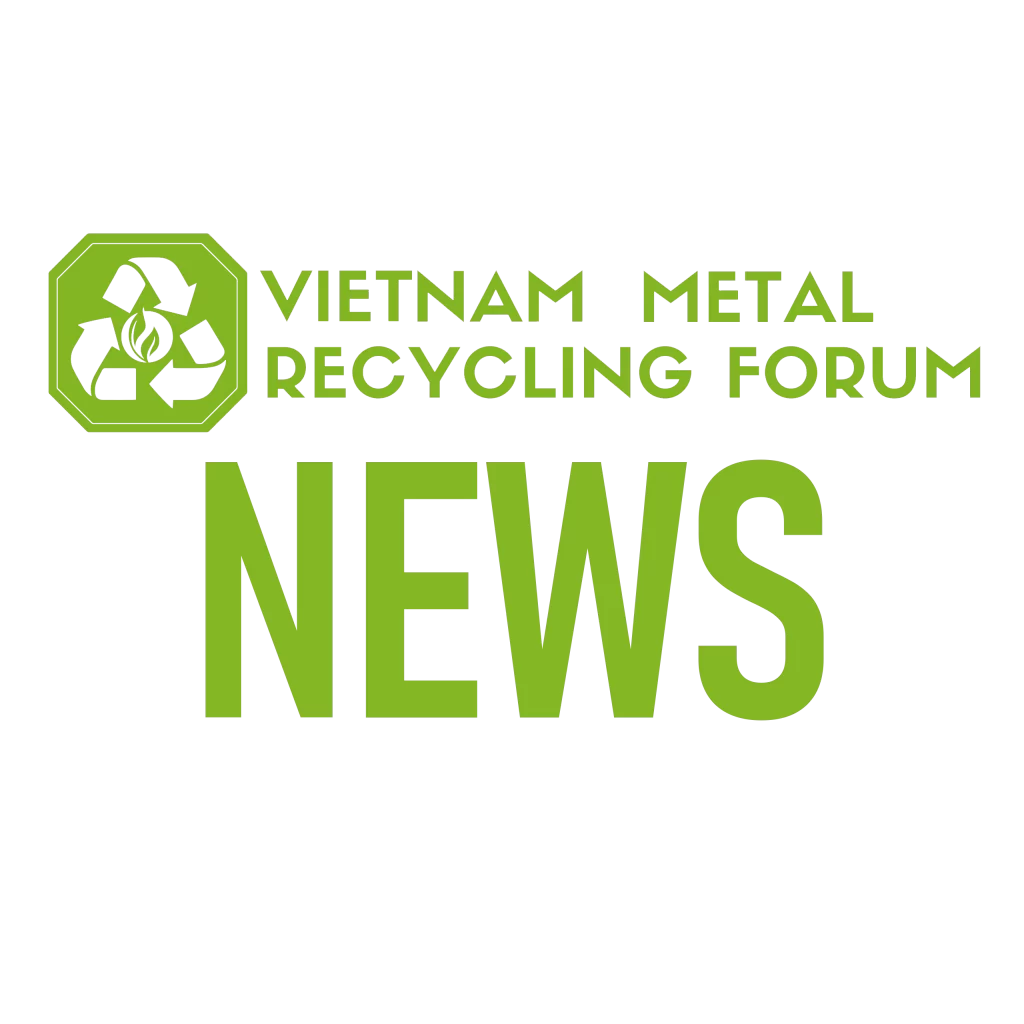Overview of Lead Recycling in Vietnam
Lead is a heavy metal with high recycling value, especially for battery production, but it also poses significant environmental and health risks if not handled properly. In Vietnam, lead recycling activities are increasing rapidly, primarily from used batteries.
Primary Sources of Lead Scrap
- Used lead-acid batteries: These account for over 90% of recycled lead and are collected from vehicles and electrical equipment.
- Industrial scrap & electronic waste: This includes cables, circuit boards, and broken devices.
- Imported scrap: Importing lead scrap is currently not permitted under existing laws.
Applications of Recycled Lead
- Primarily used to manufacture new batteries.
- Also used in solder, X-ray shields, and soundproofing or thermal insulation materials.
Legal Regulations
- Lead and waste batteries are classified as hazardous waste under the 2020 Law on Environmental Protection.
- Only licensed facilities with standard environmental treatment systems are allowed to operate.
- The import of lead scrap is prohibited unless a special processing capacity certificate is obtained.
Recycling Technology and Models
- Polluting, manual recycling facilities in traditional craft villages have been reorganized into controlled industrial clusters.
- Some companies are adopting mechanical and closed-loop technologies to minimize emissions and toxic residues.
Challenges
- Legacy pollution from old craft village recycling models.
- Lack of capital and advanced technology, especially among small businesses.
- The collection and processing of used batteries remain fragmented and lack proper oversight.
Development Directions
- Restructure the industry into tightly controlled industrial clusters.
- Provide incentives for green technology investments, leveraging green loans and policy support.
- Strengthen control over the collection and transportation of waste batteries to prevent unauthorized recycling.
- Promote Extended Producer Responsibility (EPR) to manage the entire product lifecycle.
Source: Compiled from the Internet.


Related Posts
Metal Market Weekly Update: September 29, 2025 – October 03, 2025
Waste EV Batteries: From “Scrap Metal” to Sought-After Energy Assets
Association Partner Announcement
US Federal Reserve Signals Further Interest Rate Cuts, LME Copper Prices See Significant Overnight Volatility.
89% of Vietnamese Businesses Will Commit to ESG in 2–4 Years. The Wave of Shifting from Awareness to Action and Opportunities for a Sustainable Future
Weekly Metal Price Volatility: Steel, Aluminum, Copper, Lead, Zinc, Nickel. Key Data, Developments, and Expert Opinions